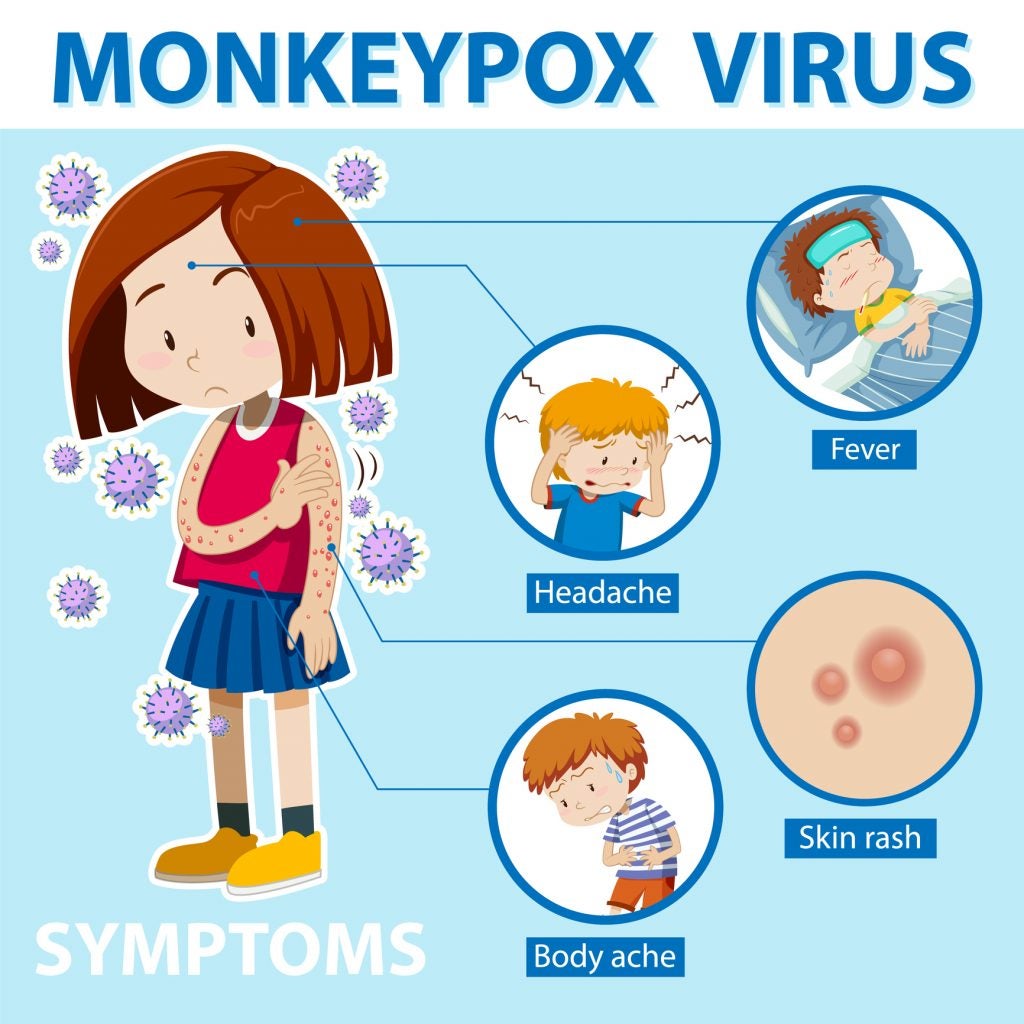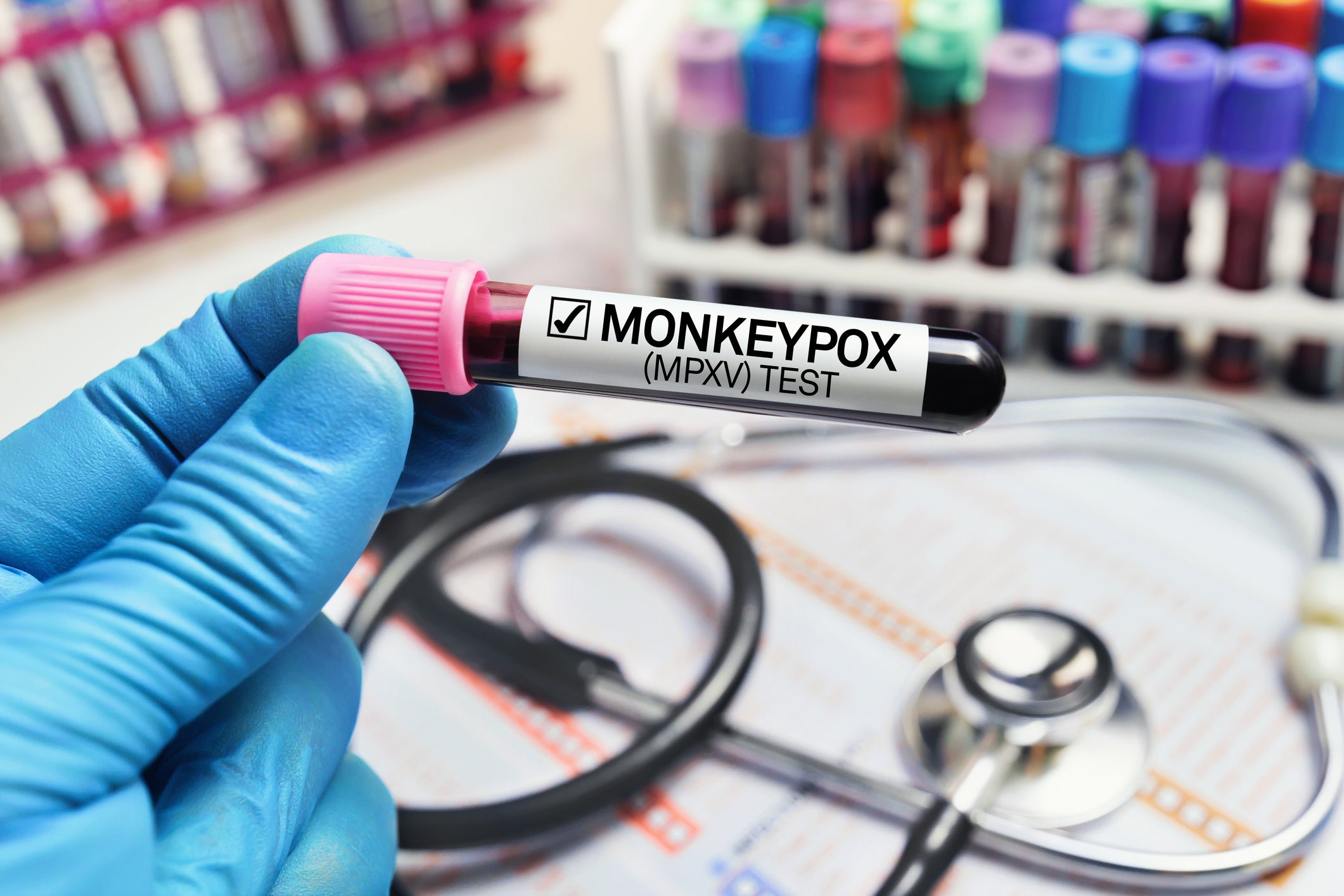The cases of monkeypox virus continue to grow globally and in the United States since the first positive case was identified in Great Britain in an individual who had traveled to Nigeria.
As of June 16, there are 2,027 cases reported in 36 countries. In the U.S., there are 84 cases in 19 states, including two in Georgia. No cases have been identified in South Carolina.
That compares to 1,088 cases that had been reported in 29 countries, including the United States which has 34 reported cases as of June 7.
There have been no deaths reported in connection with the current outbreak.
“What’s going now on now, globally, is really unusual. It’s not just the sporadic one, two cases here, and they’re associated with travel, or even some sort of known animal exposures. These particular cases are very interesting, because they do not have, you know, sort of a known in all situations, history of traveling to central and west Africa. These are places that don’t have endemic monkeypox. These are popping up all over,” Dr. Cherie Drenzek, Georgia’s state epidemiologist told the state board of public health during a June 14 virtual meeting.
Dr. Rodger MacArthur, infectious disease specialist at Augusta University Health, said rising case numbers of monkeypox cannot be compared to the spread of COVID-19.
MORE: New drug approved to treat one type of hair loss
“I was asked, a week or so ago, by somebody in the media. ‘Thinking back two plus years. Isn’t that exactly how COVID-19 started?’ Yes, we heard of one or two cases, but then it probably doubled every day, every hour. And that’s not happening,” said MacArthur. “This is a different virus. It’s an orthopox monkeypox virus. And it requires not just close contact, but very close contact. And it’s not in the category of influenza or SARS-CoV-2 and the epidemiology of it is going to be very different.”
Healthcare experts participating in a June 9 telebriefing at the Centers for Disease Control and Prevention urged people to be aware of the symptoms.
“I want to stress that anyone who has symptoms of monkeypox, such as a rashes or lesions, which may appear as pimples or blisters should talk to their healthcare provider. While the overall risk of monkeypox in the United States is currently low, we do want people to be aware of the signs and symptoms and to seek care right away if they think they might have monke pox symptoms,” said CDC Director Dr. Rochelle Walensky.
Because the virus that causes monkeypox is similar to smallpox, vaccines currently licensed in the United States to prevent smallpox can provide some protection.
Dawn O’Connell, Assistant Secretary for Preparedness and Response in the U.S. Department of Health and Human Services, detailed the amount of smallpox vaccine currently available, including ACAM200 and JYNNEOSTM (also known as Imvamune or Imvanex).
“The Strategic National Stockpile (SNS) holds enough vaccine to vaccinate millions of Americans if needed. This includes more than 100 million doses of ACAM200 available for vaccination against monkeypox. The SNS now holds about 72,000 doses of JYNNEOSTM in its immediate inventory, and we will soon receive an additional 300,000 doses from the manufacturer over the course of the next several weeks. The company is also holding over one million additional doses owned by the US government,” she said.
Dr. Raj Panjabi, White House advisor on Global Health Security and Biodefense, said they have started a multi-pronged approach to monitor and address the outbreak as effectively as possible.

He boiled it down to three Ts.
“The first T is testing. To date, over 300 PCR orthopox tests have been performed. We’ve seen a more than 45% increase in week-on-week testing. The second area of performance we’re looking at is tracing contacts. State and local health departments are carrying out contact tracing. It allows us to monitor for symptoms amongst those individuals who’ve been exposed to someone with monkeypox,” he said, adding, “The third T is timely access to vaccines and treatments. We want to ensure that people with high-risk exposures have rapid access to vaccines. And if they become sick, that they can receive appropriate treatment.”
The CDC recommends people whose job may expose them to monkeypox consider being vaccinated. That includes clinical laboratory personnel who perform testing to diagnose orthopoxviruses, research laboratory workers who directly handle cultures or animals contaminated or infected with orthopoxviruses that infect humans and certain healthcare and public health response team members designated by public health authorities to be vaccinated for preparedness purposes.
MORE: Local laboratory stands ready to assist testing for monkeypox
Nearly 70 labs in the U.S. are assisting the CDC with testing. The Georgia Esoteric and Molecular Laboratory at Medical College of Georgia at Augusta University is not yet part of that network. However, Dr. Ravindra Kolhe, director of the GEM Lab, said they are ready to participate if needed.
“When the numbers start increasing, and the capacity of those labs is decrease or if somebody wants a rapid answer, the CDC will put out guidance for local labs to bring this test in house and provide that testing,” he said.
During the CDC briefing, Panjabi used the word “epidemic” to describe the spread of monkeypox.
MacArthur believes he was not sounding an alarm, but rather demonstrating the CDC is taking steps to be proactive. The agency was criticized in the early months of the COVID-19 pandemic, particularly for a lack of tests kits and distributing them.
“We’re not going to be behind on this one. And it’s not going to be a pandemic,” MacArthur said.
Dana Lynn McIntyre is a general assignment reporter for The Augusta Press. Reach her at dana@theaugustapress.com












